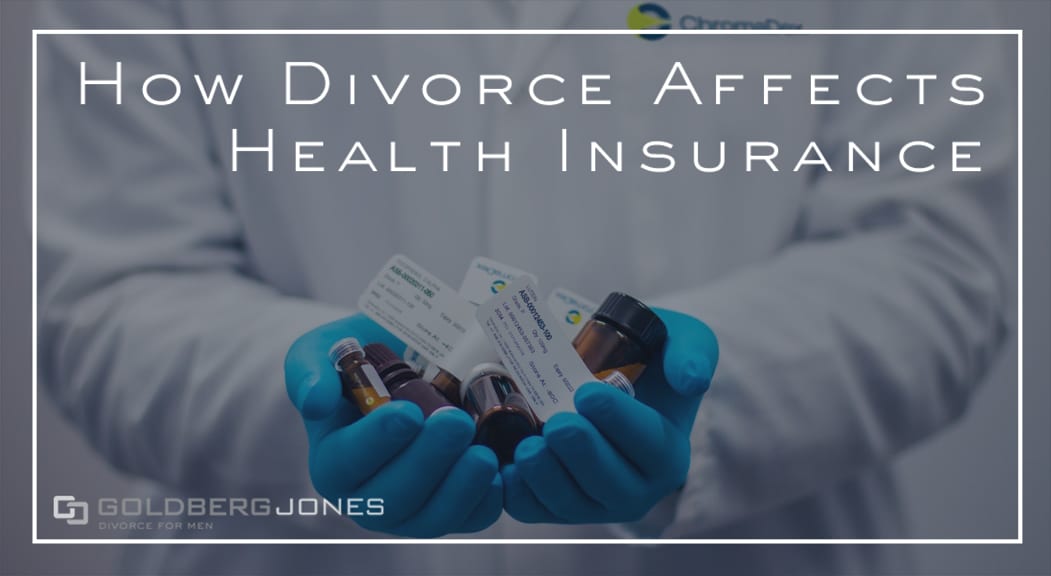Divorce changes every aspect of your life. Some of these are obvious, like where you live or how much you see your kids, but others are less apparent. One thing that often goes overlooked is how divorce affects health insurance.
How Is Health Insurance Affected By Divorce?
If during the marriage both spouses were on the same health insurance plan, you need to take certain steps.
What If One Spouse Provided All Coverage?
As a separation unfolds, it’s important to maintain coverage. If your spouse provided health insurance to both of you, say through their employer, in order to guarantee there’s no lapse, it’s essential to be proactive.
The good news is that you have options to ensure you maintain your insurance following a divorce:
Request health insurance as part of the divorce settlement. In some instances, there are ways to maintain partial coverage. A judge may require one spouse to continue providing health insurance to the other until they obtain their own. In some cases, the court even orders financial assistance to cover costs.
Continue coverage under your ex’s insurance. This is also known as the Consolidated Omnibus Budget Reconciliation Act, or COBRA. If your ex provided health insurance and works for a company that employs 20 or more people, under federal law, you’re eligible for continued coverage through that plan.
COBRA allows you to remain on your ex’s coverage for up to three years. This becomes void if you remarry before that time or receive health insurance through your employer. or another source. Though it does allow for continued coverage, you pay for COBRA, which comes with a significant cost.
Coverage from your employer. This is usually the best option. Many employers provide some form of health insurance to their employees and foot part of the bill. This option is often significantly cheaper than COBRA, where you have to pay the entire premium. Depending on the coverage, you may also be able to cover your children and family.
Buy an insurance plan on the open market. You also have the option of using an insurance agent in order to sign up for an individual healthcare plan. This may be an option if your employer doesn’t offer insurance or only provides limited coverage.
Related Reading: Personal Injury Settlements and Divorce
How Long Do I Have to Get My Own Health Insurance?
Many insurance providers give policyholders a window of 30 days to report any changes. Notifying the insurance company also helps ensure that there is no gap in coverage. Not only does a lack of health insurance leave you at risk, but it also impacts your taxes.
Related Reading: Divorce or Bankruptcy: Which to File First
What If We Choose Legal Separation Over Divorce?
Legal separation offers an alternative to divorce. It’s like putting your marriage on hold. Both parties live their own lives but remain married in the eyes of the law.
In some cases, legal separation allows a dependent spouse to stay on the other’s health insurance.
Like so much else, this varies from one case to the next. A lot depends on your specific policy and provider. Still, this may be an option if you fit the criteria. It’s especially useful in cases of long-term health issues and may be worth looking into.
Related Reading: How Legal Separation Differs From Divorce
Do My Children Still Have Health Insurance?
Following a divorce or a breakup, the law requires all children to have health insurance if available to one or both of the parents at a reasonable cost. How a judge allocates the coverage remains up to their discretion.
The court may require one spouse to provide all of the protection. That doesn’t mean, however, you have to supply coverage to your ex. In order to ensure there’s no gap, it’s beneficial to deal with this early in the separation.
Related Reading: How Is Debt Divided During A Divorce?
